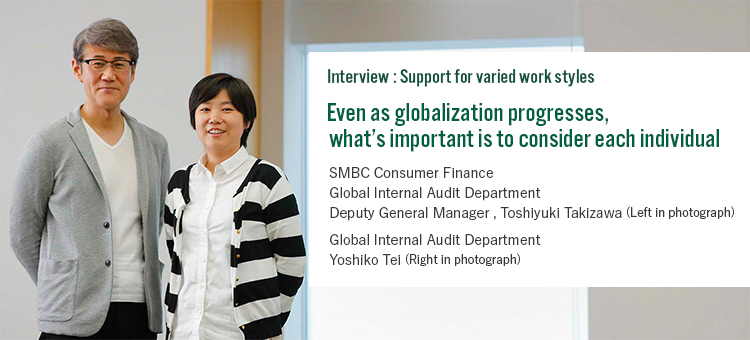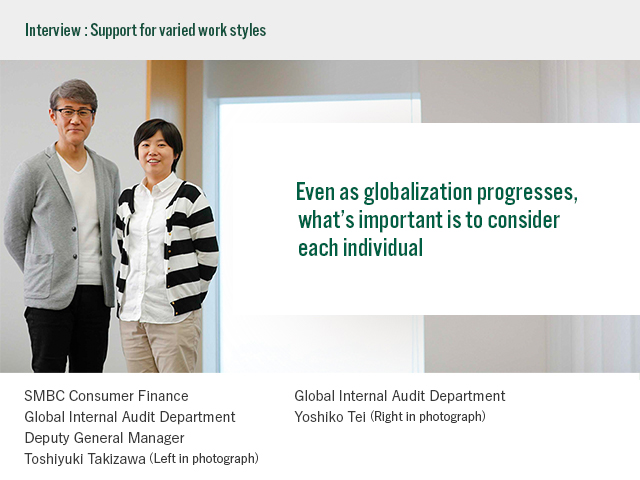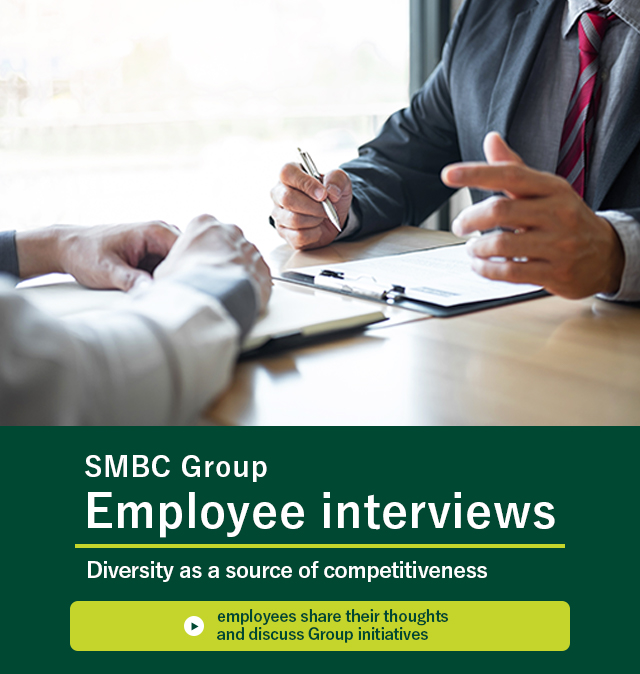Note:Departments and posts are as of the time of the interview(October 2019)
Related categories
SMBC Group is committed to creating workplaces that can support rapid business globalization. To leverage the abilities of diverse human resources as competitive strength for the organization, we have established an environment in which employees can experience cross-cultural communication and achieve personal growth. For example, we organize exchanges between personnel overseas and in Japan and run training programs that bring together domestic and international employees. In this feature, two people working with our overseas subsidiaries discuss what’s important to them as they work globally.
The chance to work at a global workplace
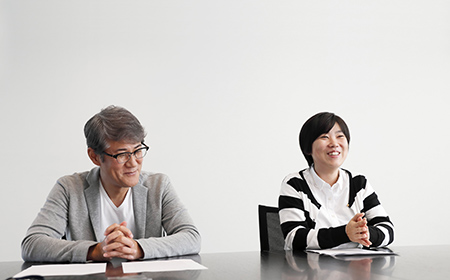
Takizawa: My first experience of a global workplace was at the Shenzhen office work center in China (Promise Consulting Service (Shenzhen) Co., Ltd.), where I worked in FY2014-2015. I started my career at the Tokushima Branch in Shikoku, and had spent many years working in sales departments and at centers in Japan, so I wasn’t expecting to be sent overseas.
Tei: I’m originally from China, but my first connection with overseas business subsidiaries was made when I was transferred to the Global Internal Audit Department in 2018. In the wake of the Great East Japan Earthquake, I felt that I wanted to do a job in which I could help people, so I decided to enter the financial sector. At the time, I wasn’t really thinking about working globally. I just wanted to focus on work that would help people experiencing difficulties.
Takizawa: The main role of the Global Internal Audit Department in which we work is to audit 12 overseas subsidiaries. To be more specific, we identify internal issues and risks, and discuss the issues that have come to light with the people in charge, and together try to come up with solutions. By doing this, our goal is to enable the companies to continue to grow going forward. We conduct on-site audits of three companies each quarter, spending about two weeks at each of them. Before and after the audits we have to make preparations, write reports and other communications, and so on, so we’re pretty busy.
In June this year Tei-san was put in charge of an audit for the first time, and she actually carried out audits of two companies in Taiwan. I worked alongside her for two days, but as the auditor-in-charge she completed her tasks splendidly, which was impressive to see.
Even when there are linguistic or cultural differences, what’s important is to respect the person in front of you
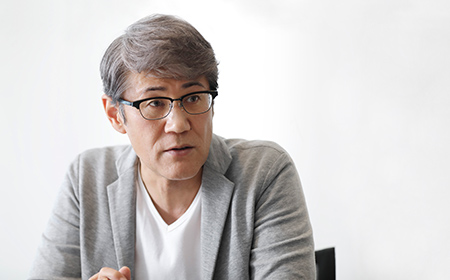
Tei: If the auditee is in a Chinese-speaking area, I communicate with them in Chinese, but having lived in Japan for more than a decade, I also notice differences in customs and ways of thinking between myself and the local employees. And because we have different backgrounds, I sometimes worry about how best to convey my thoughts when I speak to them.
Takizawa: I guess that even if you speak their language, you can still have concerns like that. Come to think of it, when I was working at the Shenzhen office work center, I spoke to the local employees through an interpreter, so I worried all the more about whether my intentions were getting across, and whether I was accurately gauging their feelings.
I worked really hard to get us all on the same page, but I remember feeling rattled when the topic turned to somewhat private matters and I was unable to keep the conversation going.
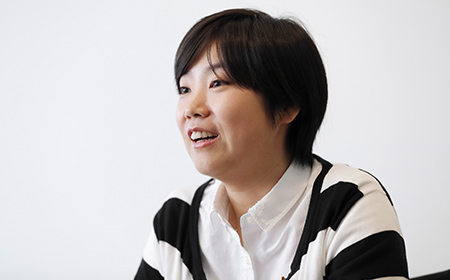
Tei: As you say, when conducting an audit, it’s vital to get everyone on the same page so that the risks identified can be avoided. Whether we share a language or not, I start by listening to what the other person has to say and then speaking in such a way that they can easily visualize what I’m talking about. Another thing is that I’ve become able to listen while keeping on eye on the other person’s facial expression before I say anything myself. I might learn from the experience of living in Japan (smiles).
Takizawa: Even at the office, you state your opinion only after carefully listening to what the other person has to say. And everyone knows that your opinion will hit the mark, so they listen to you.
Even Japanese people have different personalities and come from different backgrounds. So recently I’ve even started thinking that it might actually be odd to be too conscious of linguistic and cultural differences and give people special treatment.
Tei: I agree with you. Even when you’re working globally, you’re still dealing with people person to person. I think it’s important to respect and understand the person in front of you.
How to build a global corporate culture and foundation

Tei: I’m not bothered about whether I can put my Chinese language skills to use, as I just like looking for opportunities to work with people from various backgrounds, whatever their age or nationality might be. At this company, we get a lot of support for learning foreign languages, so I feel that the company really backs up people who want to work globally as they embrace that challenge. I intend to take advantage of all the support available and never forget to always be curious as I forge my career.
Takizawa: As you say, we have a really strong HR development system. If you take action at the moment you feel you want to learn something, you’ll have more options open to you in the future. By working globally, I myself have acquired a new set of values, namely that “even when you are different in terms of nationality or culture, it’s important to really consider the person in front of you.” I feel that working in a diverse workplace expands not only your job, but also your own world.
By actively developing and promoting talent, SMBC Group encourages organizations, including Group companies to become more diverse, and this makes them more competitive. The number of executive officers who were hired overseas is on the rise, so progress is also being made with boosting diversity at the upper echelons of management. The Group also provides assistance with an aim to strengthen the language capabilities needed for communication, offers training in collaboration with overseas business schools, and programs aimed at enhancing cross-cultural understanding. SMBC Group will continue to develop human resources who can generate new value across the globe.
Daily schedule
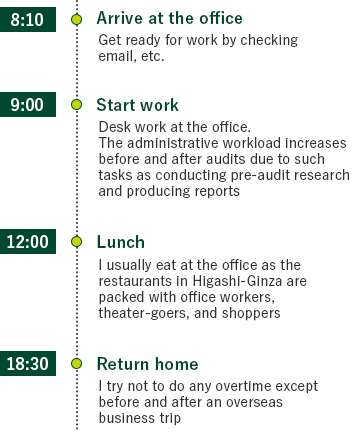
Special memory
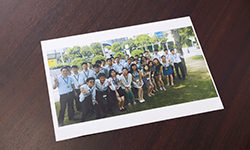
[Takizawa-san] This is a group photo with the people from the Shenzhen office work center.

[Tei-san] I like to relax by looking at a picture of the sea during gaps between tasks. I love Okinawa so much that I go there almost every year.
